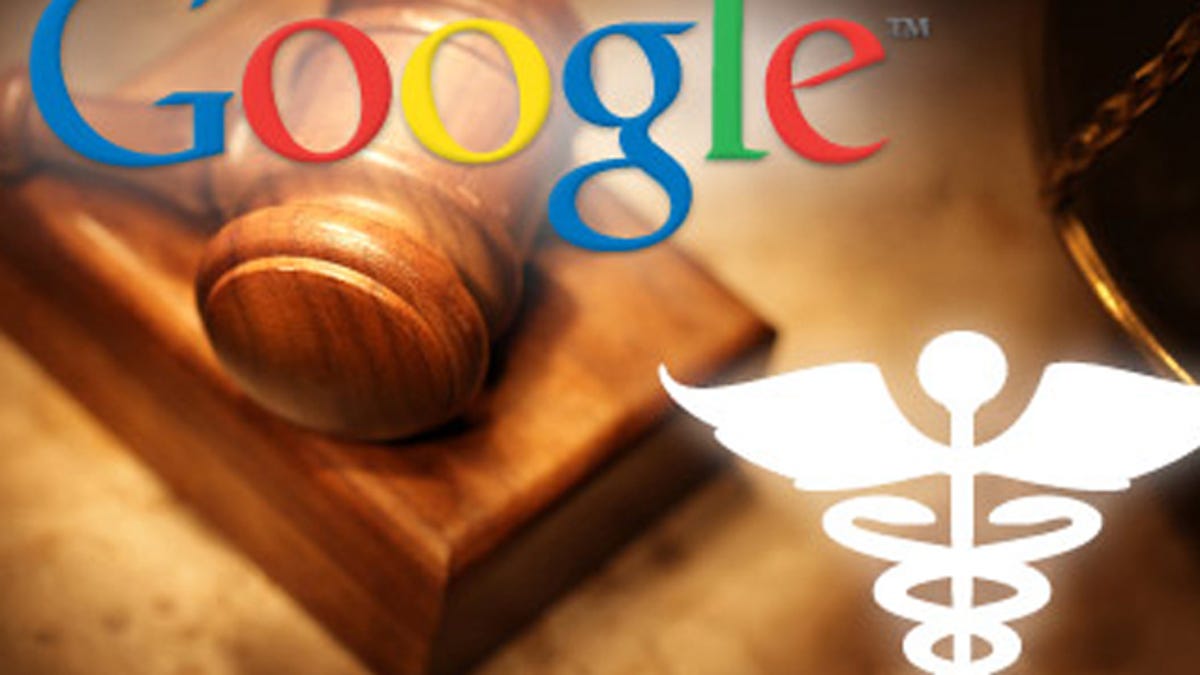State AGs blast Google over YouTube ads for illicit products
Attorneys general for Nebraska and Oklahoma want to know how much revenue is generated by ads related to illegal sales of prescription drugs and counterfeit merchandise.

The attorneys general for Nebraska and Oklahoma have criticized Google for allegedly profiting from ads tied to YouTube videos that promote illicit activities.
In a letter (PDF) to Google general counsel Kent Walker, Nebraska Attorney General Jon Bruning and Oklahoma Attorney General Scott Pruitt asked the Web giant to describe how much money it generates from ads related to illegal sales of prescription drugs and counterfeit merchandise and the steps it was taking to curb the practice.
"As we understand the process, video producers are asked prior to posting whether they will allow YouTube to host advertising with the video and, for those who consent, the advertising revenue is shared between the producer and Google," Bruning and Pruitt write. "While this practice itself is not troubling, we were disappointed to learn that many such monetized videos posted to YouTube depict or even promote dangerous or illegal activities."
Specifically, the pair voiced concern about ads that promote the sale drugs such as oxycontin and percocet without a prescription, as well as videos for guides describing how to forge passports and drivers licenses.
"Not only are the activities depicted or promoted in the above-described videos illegal in and of themselves, but in the case of document forgery, the how-to guide could be instrumental in the commission of other crimes ranging from under-age drinking to acts of terrorism," they wrote.
Google said its guidelines prohibit posting content that encourages dangerous or illegal activity, including the sale of drugs.
"YouTube's review teams respond to videos flagged for our attention around the clock, removing any content that violates our policies," a Google spokesperson said in a statement. "We also have stringent advertising guidelines, and work to prevent ads appearing against any video, channel or page once we determine that the content is not appropriate for our advertising partners."
Rogue online pharmacies have long been a thorn in Google's side, and the Web giant described in a blog post last month some of the steps it takes to reduce the visibility of their ads. Google said it stringently scrutinizes online pharmacy ad buys, including using the third-party tool LegitScript to create a higher bar for pharmacies.
In 2011, Google paid $500 million to settle a high-profile dispute with the U.S. Department of Justice related to taking ads from rogue online Canadian pharmacies in violation of federal law. The settlement, one of the largest ever in the United States according to the Justice Department, covered the gross revenue received by Google as a result of Canadian pharmacies advertising through Google's AdWords program.

